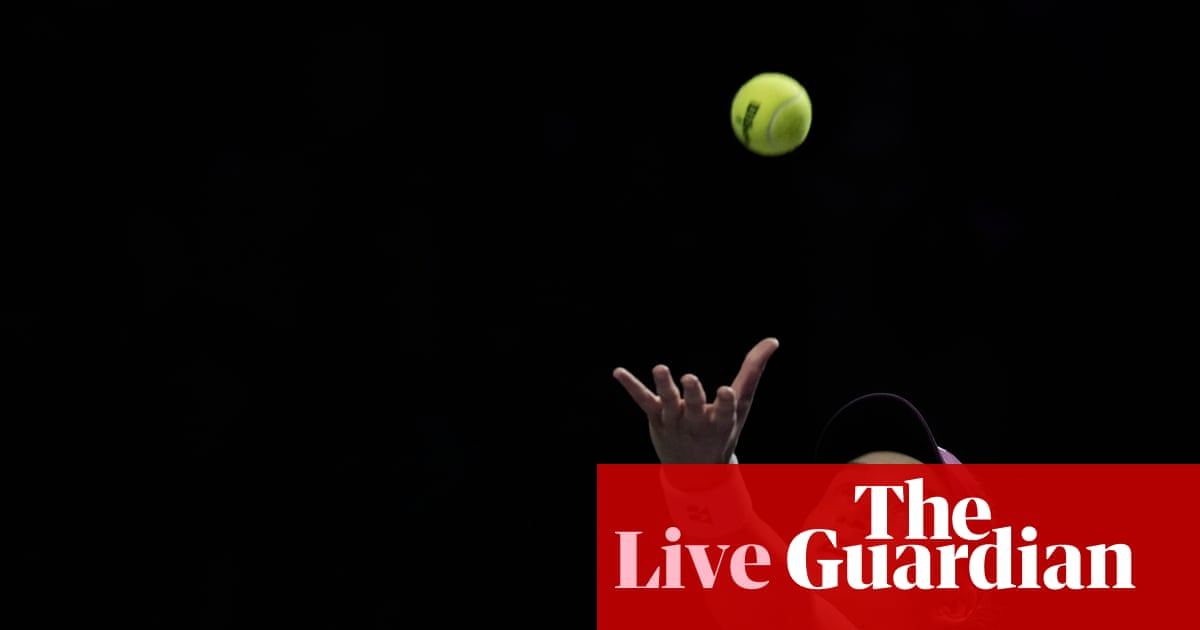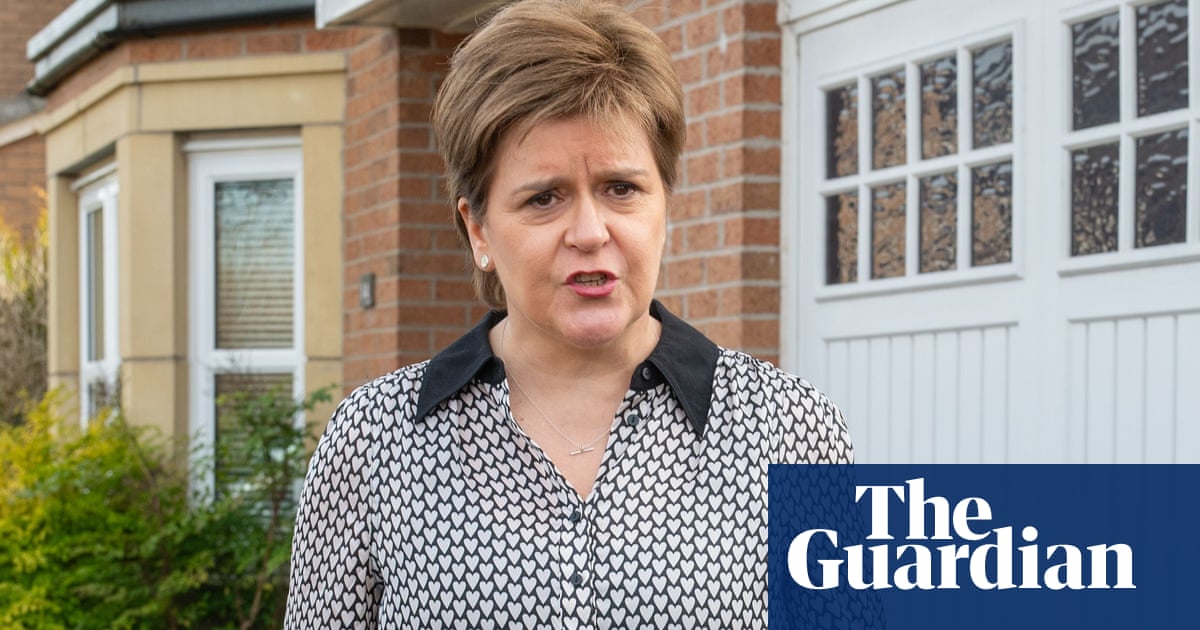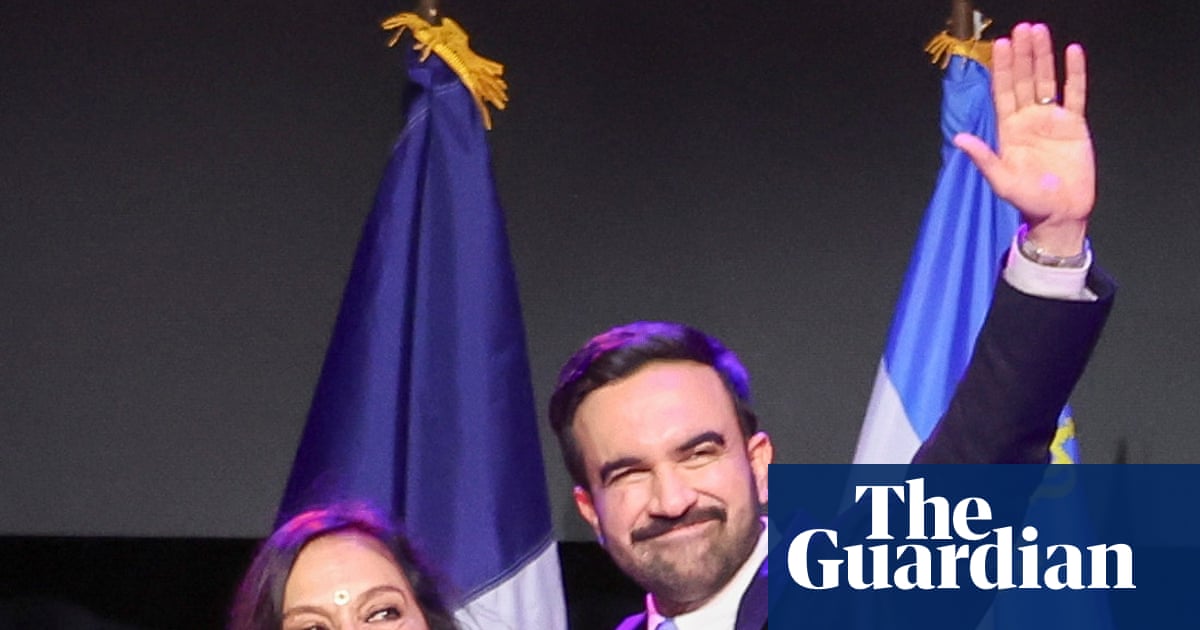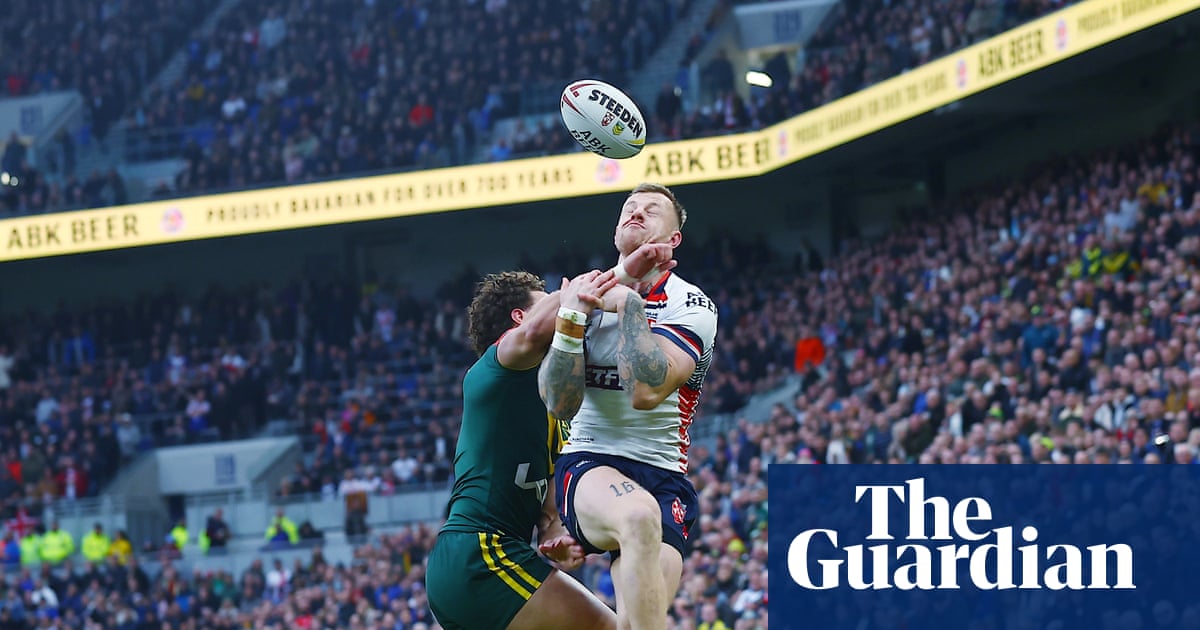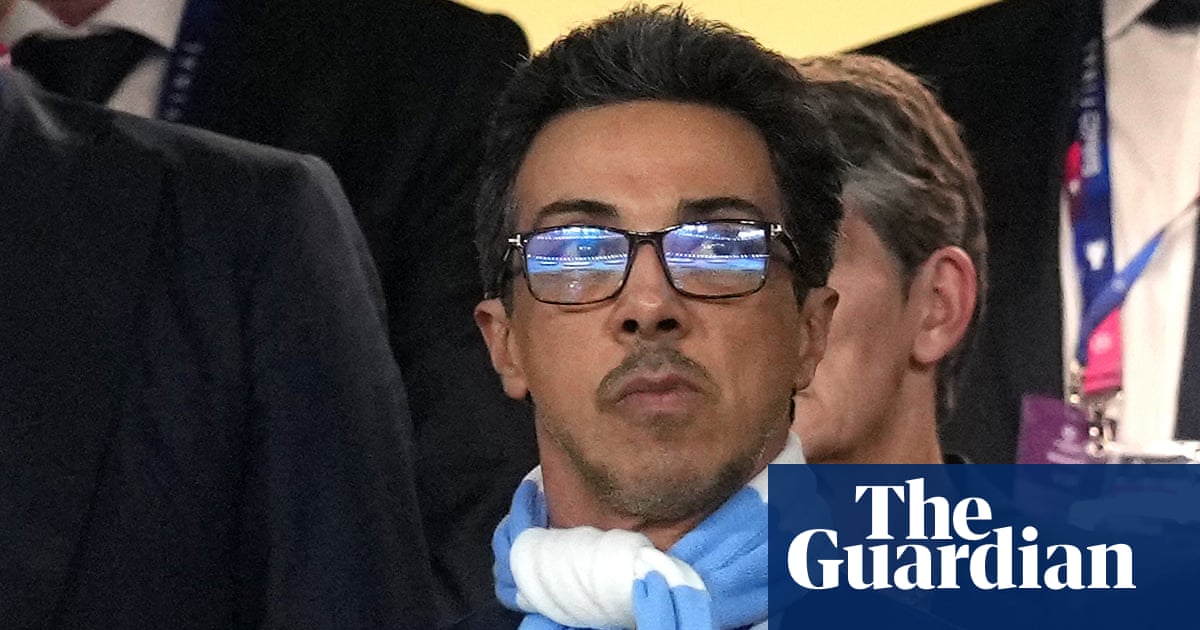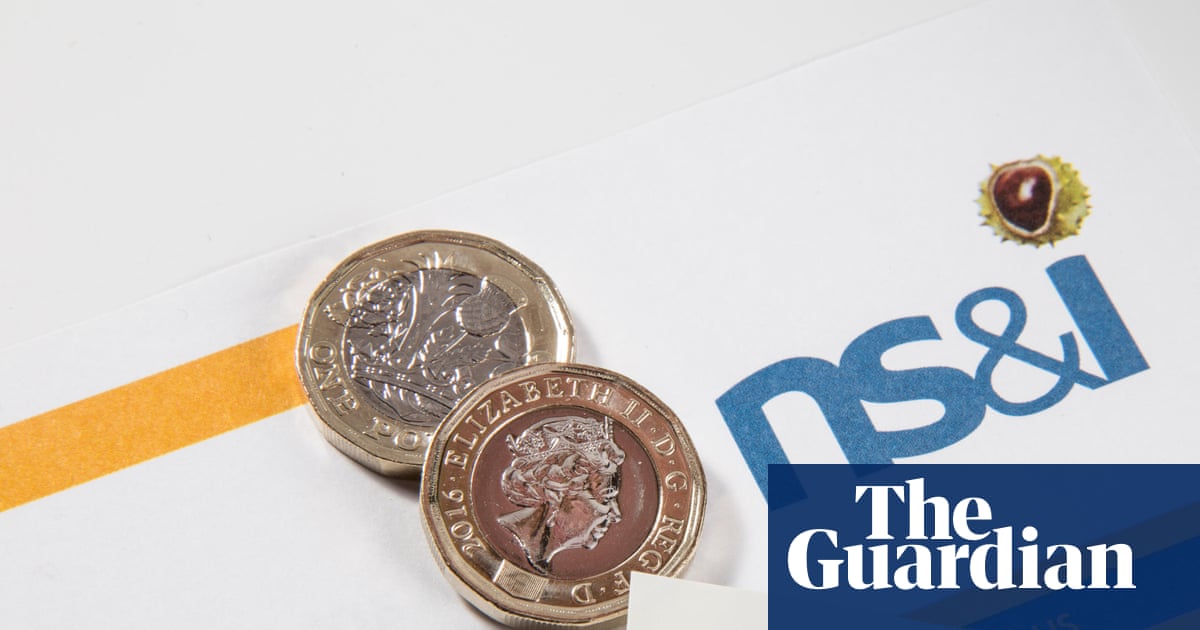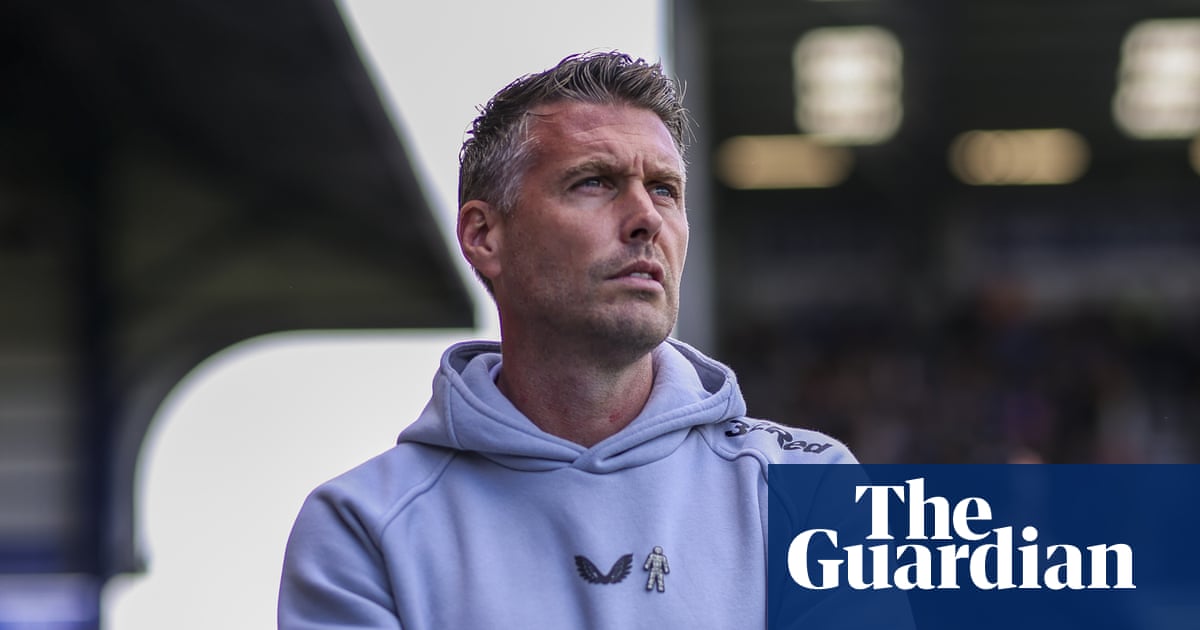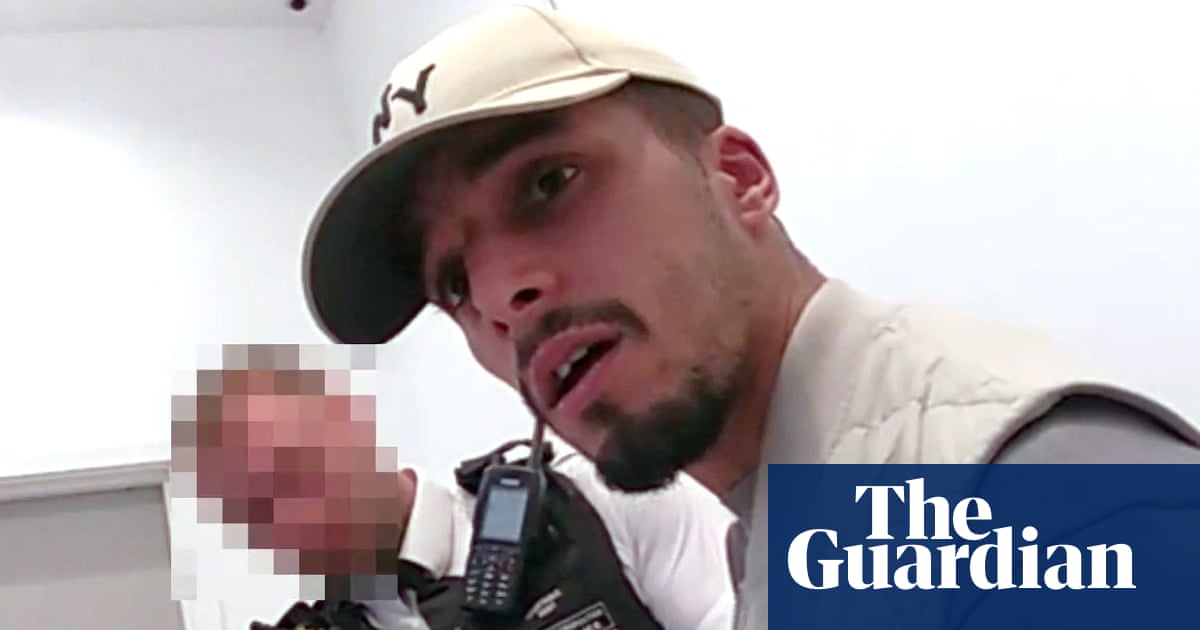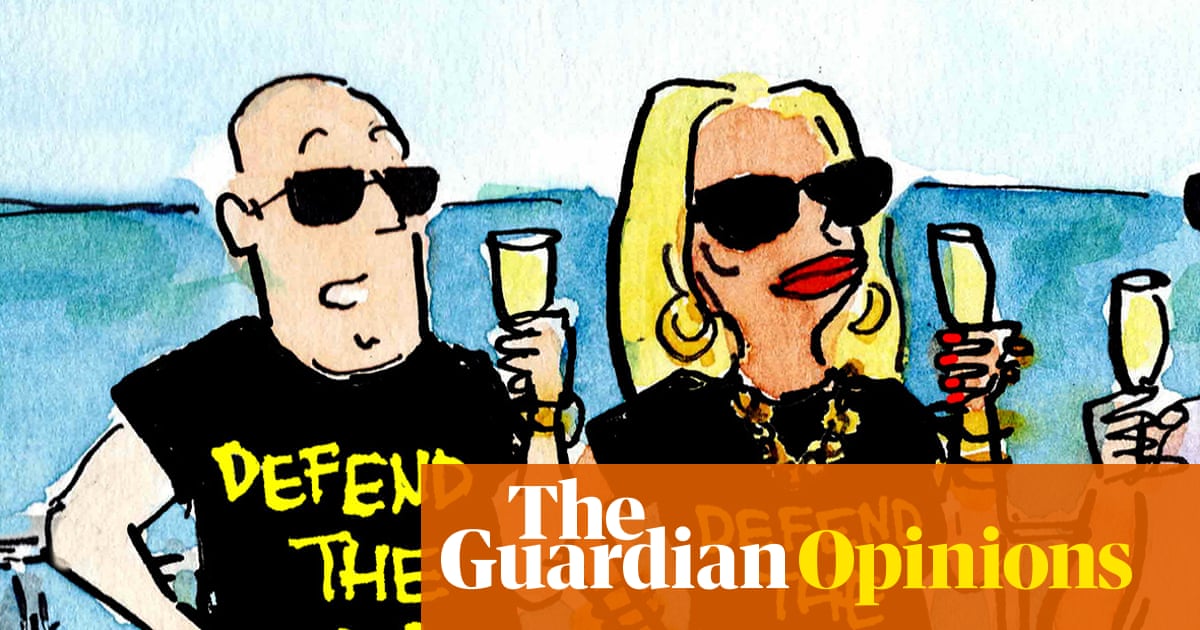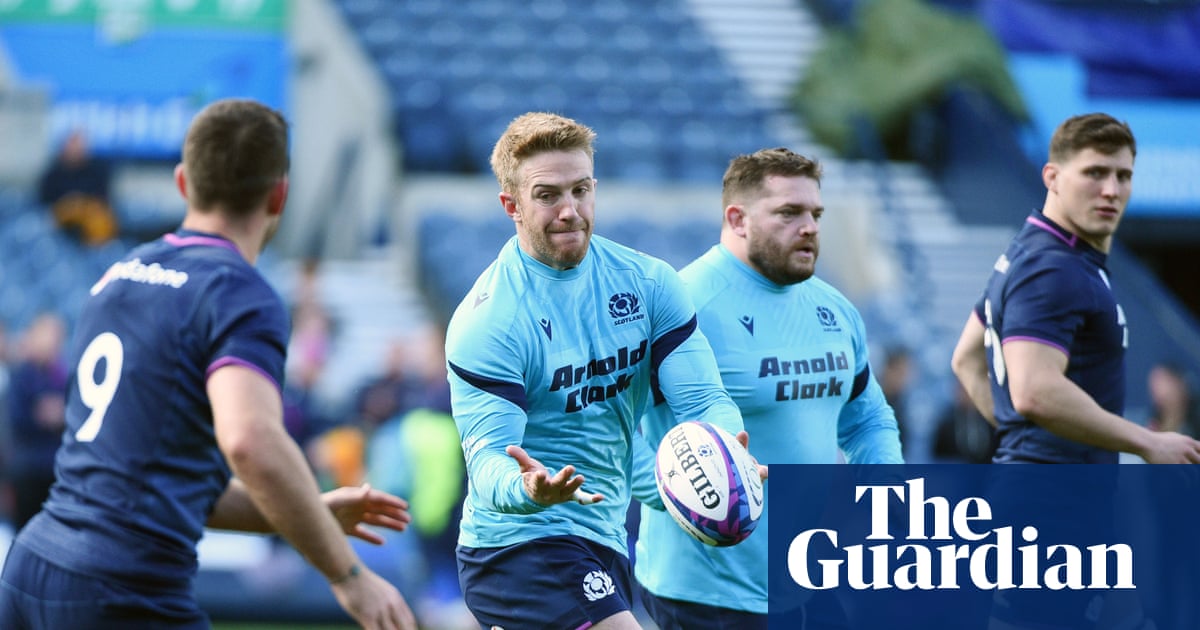Two years is no time at all to be the boss of a large FTSE 100 company, but the departure of Debra Crew from Diageo, the Guinness and Johnnie Walker group, has felt possible for at least half that period. Now she has gone “by mutual agreement”.
Crew’s first problem was that she followed a genuine corporate superstar in the form of the late Sir Ivan Menezes, whose strategy of “premiumisation” – encouraging punters to drink more expensive stuff – did wonders for profit margins year after year. Any successor would have found it hard to match his record.
Second, she started with a thumping profits warning in November 2023 – a proper shock to investors – and explained it badly. The cause was overstocking in Latin America in the post-Covid period, but it was never entirely clear how Diageo could have been so badly informed about the mismatch between stocks held by local distributors and how much tequila and whisky was actually being consumed on the ground. As the former chief operating officer, Crew could hardly blame others.
Third, she waited too long to ditch financial guidance, inherited from Menezes, that was plainly out of date. After Covid’s locked-up booze fest and the post-pandemic party period, the spirits market became harder to read when consumers turned more cautious. Clinging to “medium-term” sales growth of 5% to 7% while turning in numbers as low as 0.6% added to the sense of drift.
Fourth, even when Diageo came up with a cost-cutting plan in May, pledging $500m (£370m) of savings, it was the new finance director, Nik Jhangiani, who got the credit in the eyes of City. While Crew talked about “largely macroeconomic” factors at work, the incomer sounded more attuned to the reality that Diageo was living in a harsher operating climate. Only the ever-reliable Guinness brand has proved immune.
Fifth, a new chair, Sir John Manzoni, arrived in February, which was always going to be a moment of danger for a chief executive who had overseen a 40% fall in the share price. Thus Crew’s immediate exit lacks shock value. When you’re getting fixed pay of £1.7m out of total remuneration of £3m last year, you’re vulnerable. The removal process sometimes should be unsentimental, just as it was at Unilever, where the last boss lasted only 18 months.
That is not to dispute that the macroeconomic forces are genuine. The spirits market has weakened and Pernod Ricard’s share price looks as horrible as Diageo’s. Complicating factors include Gen Z’s lower appetite for alcohol than their parents’ generation, slimming drugs’ possible effect on drinking habits and Donald Trump’s ever-changing tariffs.
Yet it is still hard to shake the feeling that Diageo could do more to help itself. From an annual sales base of $20bn, is $500m of cost savings really all that can be found? A lot of corporate fat may have accumulated over 20-odd years of success – the definition of leanness may have to be sharpened. Should it take until 2028, as pitched in May, to get the debt ratios within the desired range? Disposals have been promised, but the timetable looks leisurely.
after newsletter promotion
Jhangiani will start as favourite to succeed Crew as he’s now the stand-in, is untarnished and is popular in the City. But, whoever it is, she or he needs to start with a clearer-eyed focus of what Diageo can do to shift its hangover. The company still has the potential to be great again. Under Crew, the long-term vision felt too blurry.

 3 months ago
70
3 months ago
70
